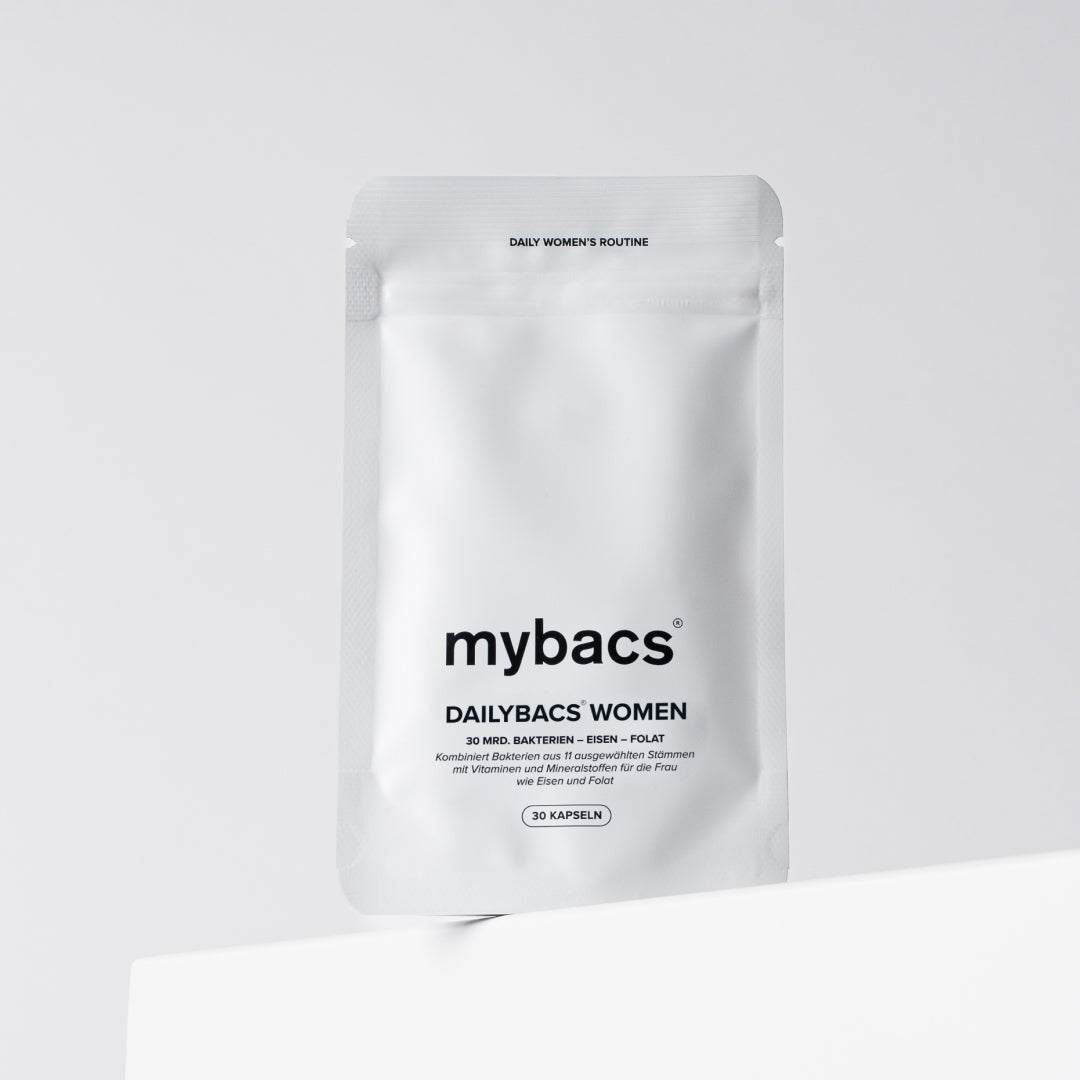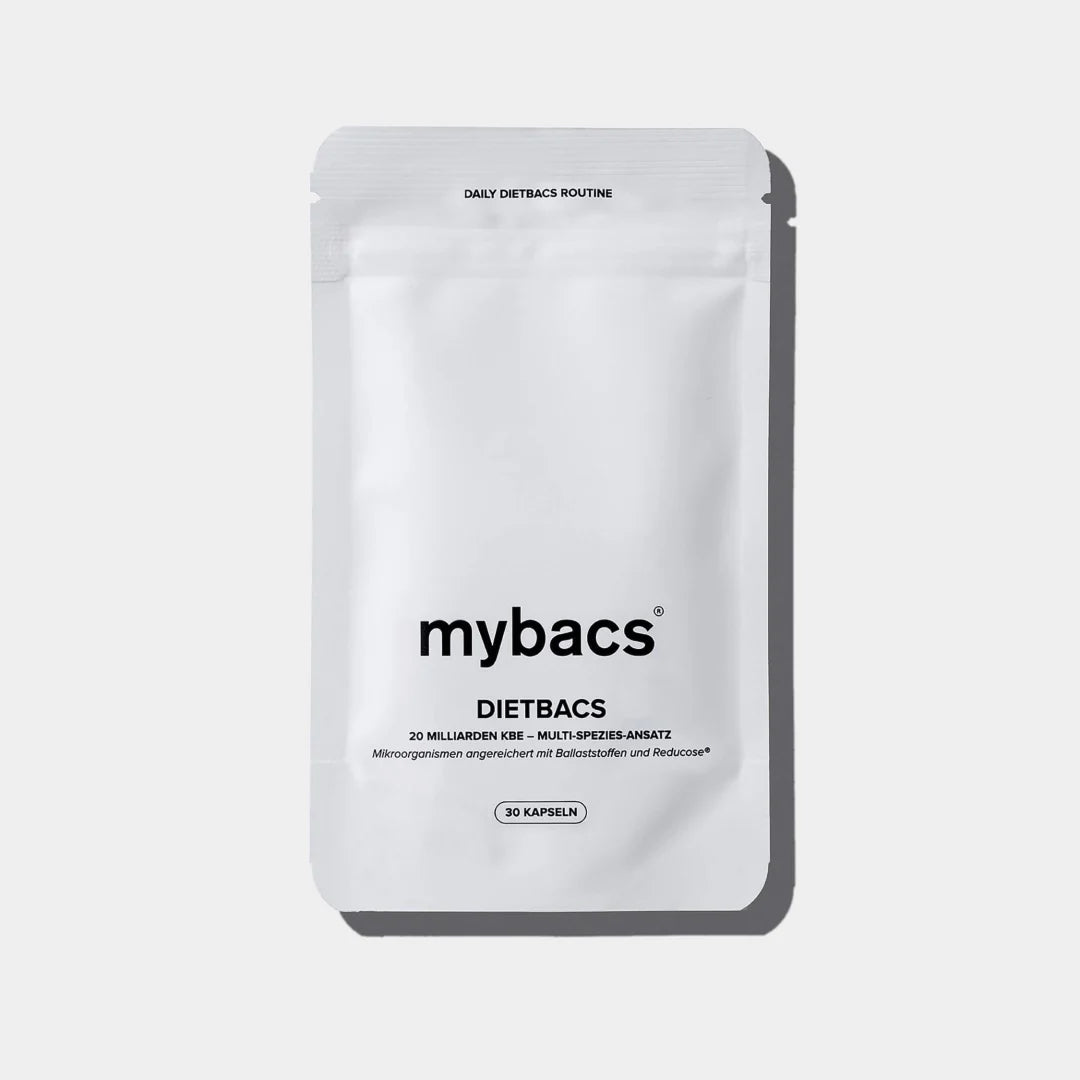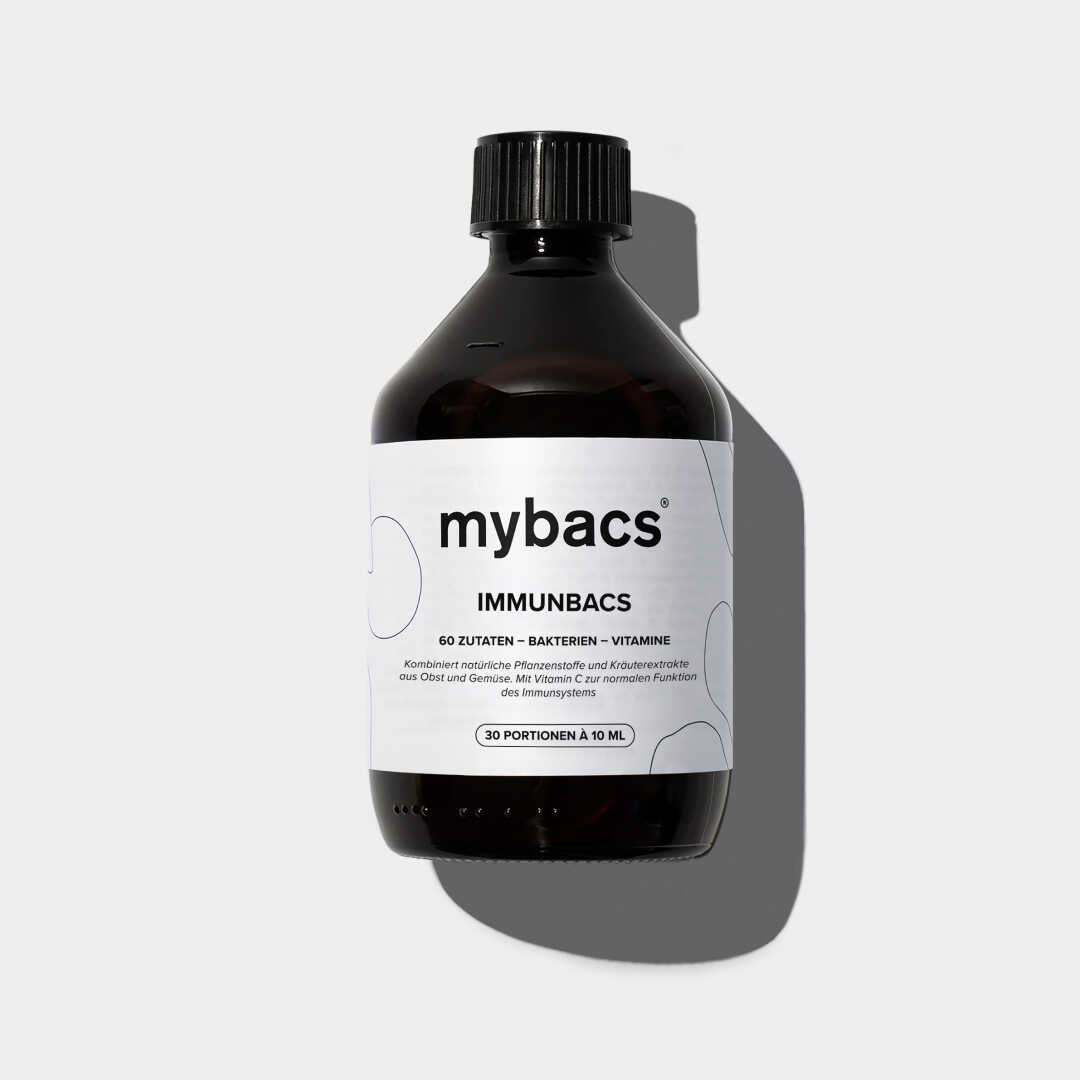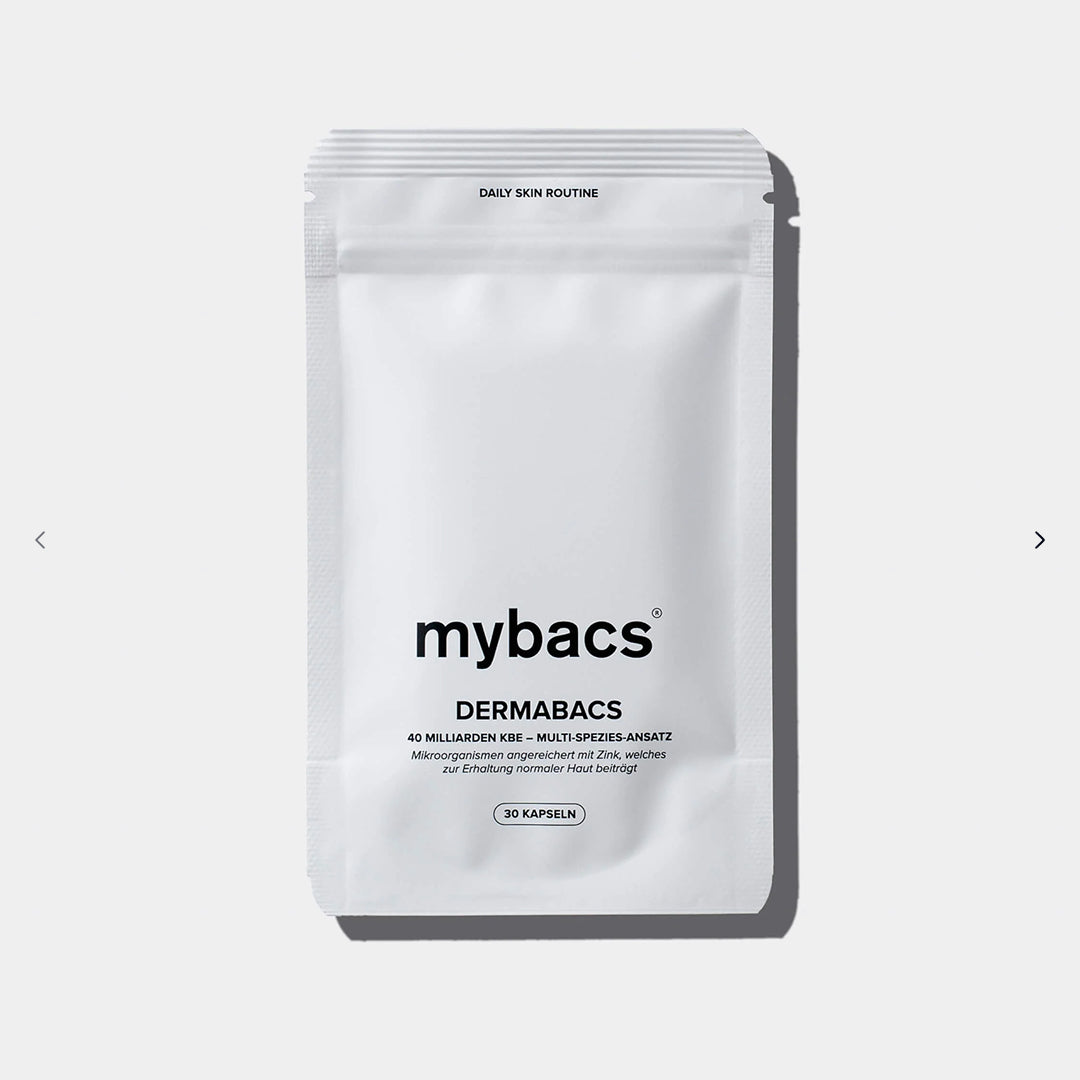Lactobacillus (plural: Lactobacilli or Lactobacilli) was chosen as the microbe of the year in 2018. However, most people don't know much about these important bacteria in our bodies. Time to learn a little more about Lactobacilli here!
The History of Lactobacilli
Around 7,000 years ago, settled cattle farmers in Northern Europe began to consume more milk and products made from it, such as yoghurt or cheese. The production of the enzyme lactase, which is actually only present in infants and is used to break down milk sugar, then became widespread in adults in Central Europe ( lactase persistence ) . This is the reason why many adults in Asia and Africa still have difficulty digesting dairy products today. Around 75% of people worldwide are lactose intolerant.
What is Lactobacillus?
Whether it's yogurt or cheese, everyone knows the process by which milk is soured and then processed further. Lactobacilli are responsible for this souring of milk. They belong to a genus of rod-shaped bacteria from the family of lactic acid bacteria. The name is derived from Latin, with lactis meaning milk and bacillus meaning the rod shape. Due to their numerous positive functions, they are among the "good" bacteria in the human body. Lactobacilli convert sugar into lactic acid and gain energy through this process, which is known as fermentation. During this process, they acidify their environment.
Where do they occur?
Lactobacilli are found in the human body in breast milk, on the skin, in the vagina and in the digestive tract. They are therefore part of the microbiome of the gastrointestinal tract and the skin. The probiotic properties of Lactobacillus have a positive effect on intestinal health and stabilize the intestinal flora. In the vagina, they even make up the majority of bacteria, at 90 to 100 percent. They colonize the skin and intestines and are essential for health. Lactobacilli are also found in the stomach and mouth. The first contact with lactic acid bacteria occurs at the beginning of life. During natural birth, the mother's vaginal lactobacilli are passed on to the newborn. Through this contact with the lactobacilli, the baby receives its first protection against diseases. They are important to us from the first second of life. Over the course of life, however, these helpful bacteria in the body are partially destroyed by taking antibiotics or other harmful influences, which can make infections, diarrhea or other diseases more likely to occur.
What is the importance of Lactobacillus in the intestine?
Millions of Lactobacilli colonize the entire human digestive tract, especially the small intestine, and support digestion. They are essential, for example, in the breakdown of fiber. Fiber is found primarily in vegetables, grains and legumes and is not digestible by the intestinal cells alone. The human body is therefore dependent on the help of Lactobacilli. Without this help, the fiber would lead to problems in the intestine. Lactobacilli break down the fiber with special enzymes and convert it into lactic acid. Lactic acid is well tolerated by the intestine and also acts as a protective factor. Lactobacilli are also responsible for the function of the intestinal mucosa, which transports nutrients from the intestine into our blood and also supports our immune system.
Lactobacilli for lactose intolerance?
If you are lactose intolerant, your intestines are unable to convert sugar into lactic acid because they produce only a small amount of the necessary enzyme lactase, or they are unable to produce it at all. This often results in symptoms such as flatulence, diarrhea, or abdominal cramps. To deal with this, the body can be given certain lactobacilli that convert the sugar and can therefore improve the symptoms.
What is the best way to take Lactobacilli?
Lactobacilli are found in many types of yoghurt, but can also be obtained through other foods such as:
- sauerkraut
- pickles
- Cheese
- kefir
- tempeh
- kimchi
They can also be taken in through food supplements. Lactobacilli are very sensitive to heat. They can be destroyed by higher temperatures and cooking processes. Dailybacs from mybacs contains five different strains of lactobacilli that can survive all the way into our digestive system.
Their exact names are:
Lactobacillus plantarum LP01 , Lactobacillus rhamnosus LR06, Lactobacillus crispatus LCR01, Lactobacillus salivarius subsp. Salivarius CRL 1328, Lactobacillus rhamnosus GG .
The abbreviations behind the bacterial species indicate the exact strains chosen for Dailybacs, as the effects can vary between strains.






